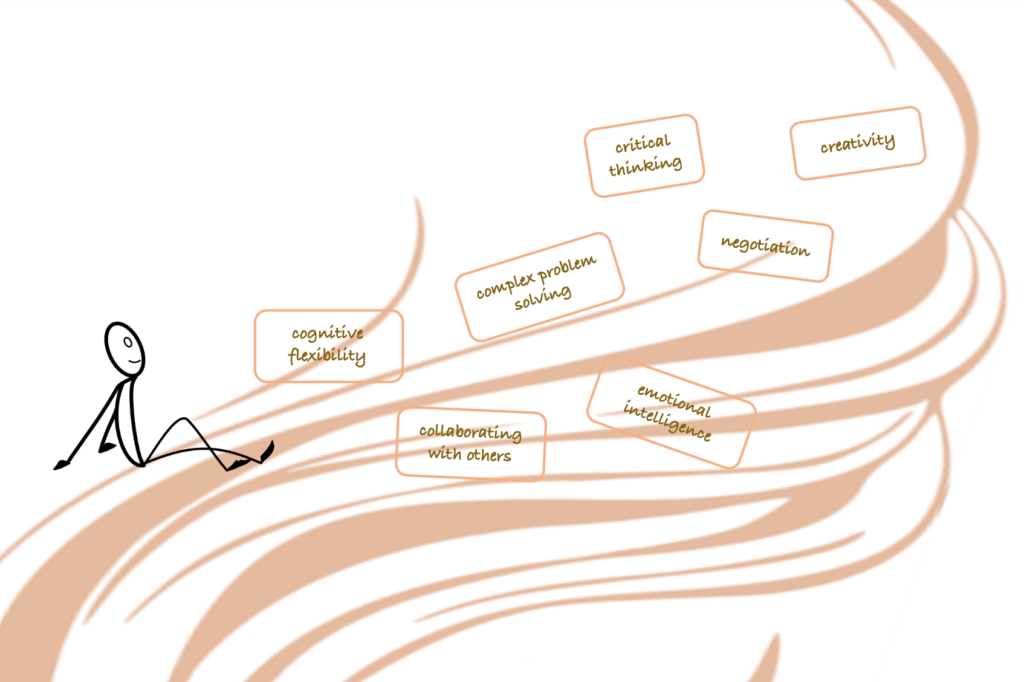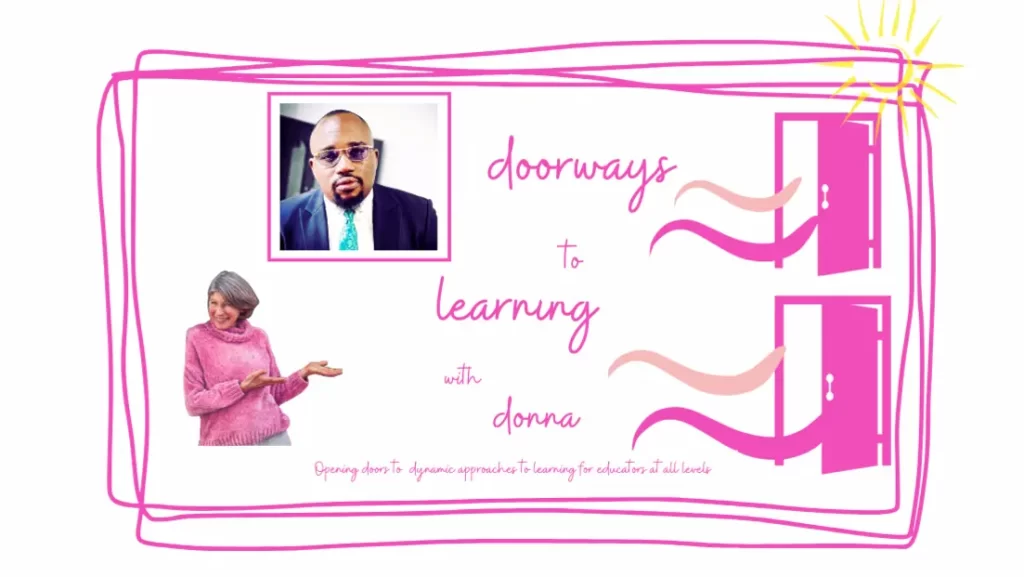Is the culture you’re living in the same as the culture you grew up in?
If a student cheats on an exam in your class, does he fail?
What is inappropriate behaviour that is non-negotiable for you in the classroom?
Can we change the behaviour of the people around us? I mean, how much are you aware of the people around you and how much do you take into account your own behaviour with regards to their best interests? I’ve been thinking about this a lot recently, because I just got back from Finland and the difference between the expectations when we’re out in public between Finland and Spain is incredible. Scandanavians have an attitude towards what’s appropriate in public and what’s not that’s similar to how I grew up – in the. Northeast and pretty much everywhere in the States and Canada as well. And I’m going to bring this around to the classroom, because there is a culture in the classroom whether you are aware of it or not, and the culture you grew up in, and the culture you’re living in – whether they’re the same or not – influence how your students act towards each other and towards you. One culture or another influences your expectations of how your students act and what you reinforce or not.
Subscribe to get notices for new episodes and free activities to use in your classes HERE.
You can find more conversations like this one at Doorways to Learning with Donna
If you like this episode, treat Donna to a coffee!!

Scaffoldingmagic.com is your entryway into DYNAMIC bilingual learning methodologies, such as Phenomenon-Based Learning, CLIL, EMI, and ESL. You’ll find ways to implement critical thinking tools (DOK) to promote higher level thinking, the growth mindset, instil an ethic of excellence, deep reflection on learning, and all through multi-cultural, interdisciplinary activities. We have the keys to turning competences into action and to creating collective efficacy in your school so you move ahead as a unified, enthusiastic team.





